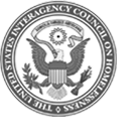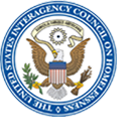The Effects of HIV Stigma on Health, Disclosure of Health Status, and Risk Behavior of Homeless and Unstably Housed Persons Living with HIV
Richard J. Wolitski, Sherri L. Pals, Daniel P. Kidder, Cari Courtenay-Quirk and David R. Holtgrave
December 2009
HIV-related stigma negatively affects the lives of persons living with HIV/AIDS (PLWHA). Homeless/unstably housed PLWHA experience myriad challenges and may be particularly vulnerable to the effects of HIV related stigma. Homeless/unstably housed PLWHA from 3 U.S. cities (N = 637) completed computer-assisted interviews that measured demographics, self-assessed physical and mental health, medical utilization, adherence, HIV disclosure, and risk behaviors. Internal and perceived external HIV stigma were assessed and combined for a total stigma score. Higher levels of stigma were experienced by women, homeless participants, those with a high school education or less, and those more recently diagnosed with HIV. Stigma was strongly associated with poorer self-assessed physical and mental health, and perceived external stigma was associated with recent non-adherence to HIV treatment. Perceived external stigma was associated with decreased HIV disclosure to social network members, and internal stigma was associated with drug use and non-disclosure to sex partners. Researchers conclude that interventions are needed to reduce HIV-related stigma and its effects on the health of homeless/unstably housed PLWHA.



































